It is impossible to imagine human history without traditions or holidays of some sort. They’re a core part of who we are, just like spirituality, creativity, and enjoying a darn good home-cooked meal. We’re hardwired to be social and empathetic, after all, so there’s a constant inner desire to connect to the people around us. Celebrating things on a regular basis is a way to do just that.
However, no traditions fully withstand the test of time. All of them change to some extent. Others disappear completely. The members of the r/AskAnAmerican online community considered exactly this question, sharing which US traditions and holidays they believe might become completely obsolete over the next few decades. Scroll down to read their thoughts on this, including why Halloween and Christmas might look very different in the future.
Bored Panda wanted to learn more about holidays and traditions, so we got in touch with Glenn Geher, Ph.D., a professor of psychology at the State University of New York at New Paltz and a published author. We also reached out to redditor u/Extreme-Routine3822 who started the viral online discussion in the first place. You'll find our interviews with both of them as you read on.
#1
Bobbing for apples at Halloween. I think it was already dying out when I was a kid, now I barely see it, so it might be gone or mostly gone in 25 years.
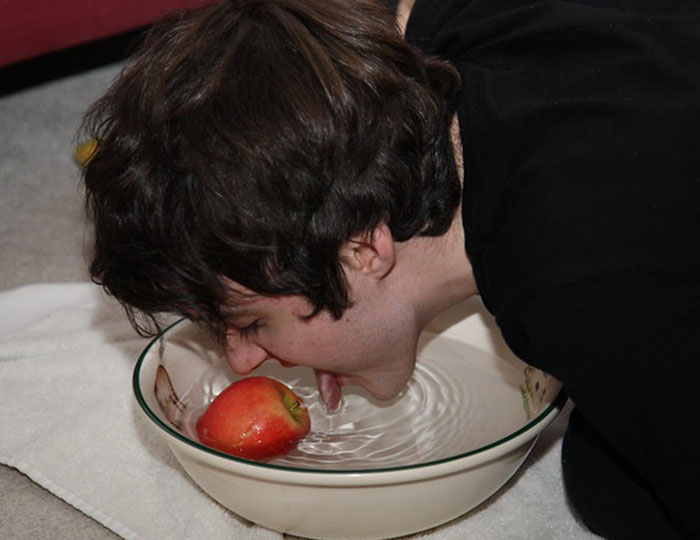
Image credits: MonsterHunterBanjo
It won’t come as a shock to anyone that holidays are a huge deal for us humans here on planet Earth. They’re our way to bond with our communities and maintain our link with history. They’re also often an excuse to eat delicious food surrounded by the people we care about most in the world. Not to mention that holidays usually entail lots of enjoyable activities and games, not just devout and dutiful prayers.
Statista reports that the most popular national and religious events in the United States are Thanksgiving (with a popularity rating of 79%), Memorial Day (78%), and Christmas (also 78%).
Next in terms of popularity are Veterans Day, Mother’s Day, and Father’s Day, all with a rating of 77%. Easter is also a big favorite among Americans with a 71% popularity rating while Halloween (68%), New Year’s Eve (67%), and St. Patrick’s Day are still very much beloved, too. 57% of Americans listed Hanukkah as their favorite holiday while 56% did so for Valentine’s Day and 37% for Ramadan.
#2
Christmas cards. We used to get dozens when I was a kid. Almost every family sent them. Now I only get a couple and only send one or two.
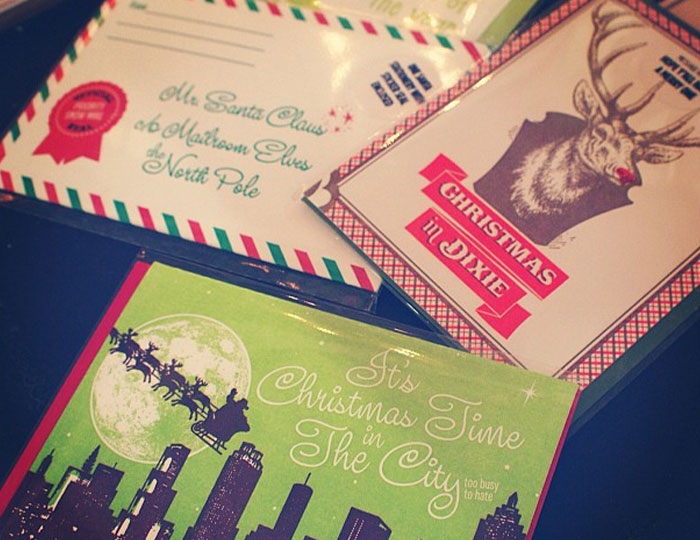
Image credits: ChutneyRiggins
#3
Black Friday. It's already dying and I see it basically dead in that time span. Nobody is gonna rush at midnight to save $50 on a TV anymore.
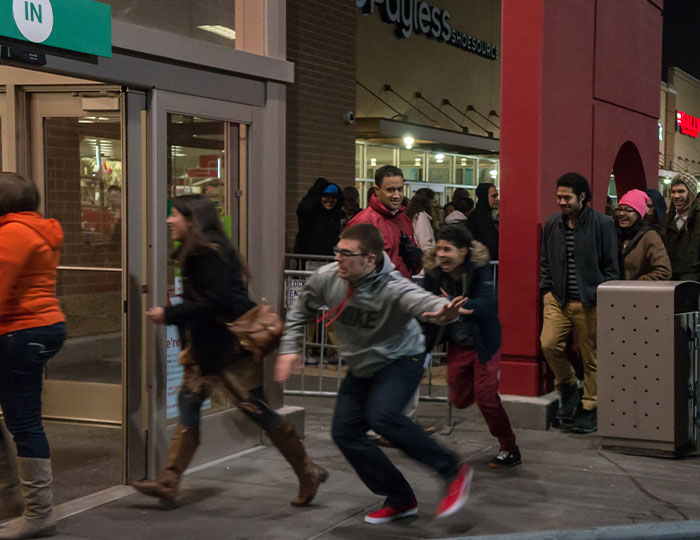
Image credits: Maxpowr9
Dr. Geher explained to us why holidays and traditions are such important parts of our lives. "Holidays and various cultural traditions are fundamental, and the nature of the holidays varies from culture to culture. Culturally prescribed gatherings are an extremely basic part of the human experience," he told Bored Panda via email.
"Such gatherings provide opportunities for people to foster and cultivate connections with important others in their lives. Sharing of things like food and gifts, as well as creative activities, such as music, solidify important bonds between people. Given how social we are by nature, this is all very foundational."
#4
I think class reunions will be more or less entirely dead by then.

Image credits: sto_brohammed
#5
The Miss America pageant. It's strange now to think how big an annual event it still was in the '80s and '90s; I think for a few years they stopped even televising it.
And on that note, live broadcast television that you access by turning on the TV and flipping through the channels to see what's on. There will still be live events, of course, but in 25 years those may be accessed just through apps. It was only recently that "appointment TV" still provided a common reference point for masses of Americans.
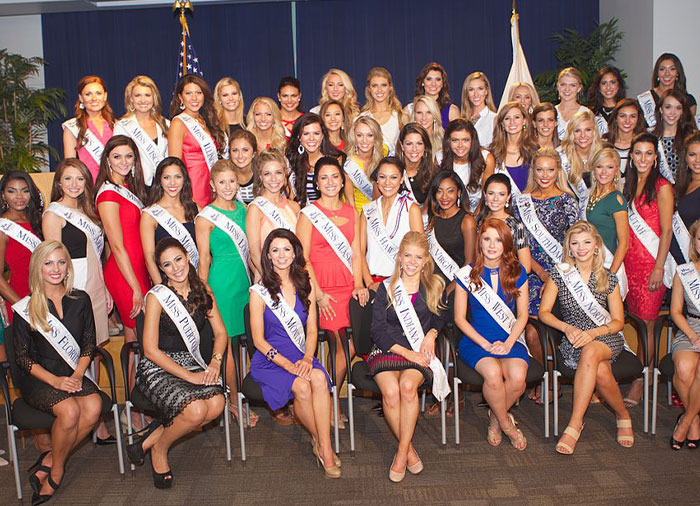
Image credits: MittlerPfalz
#6
This is more state specific, but hopefully Robert E Lee's birthday, Jefferson Davis' birthday, and Columbus Day.
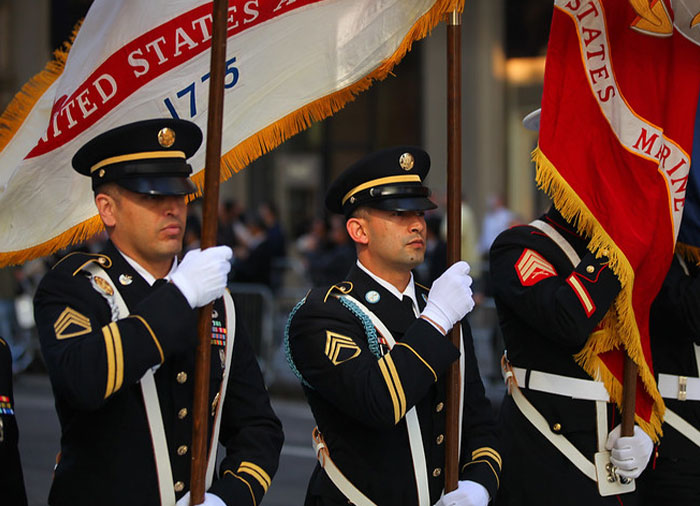
Image credits: dangleicious13
We were curious about what it is that gives traditions longevity. Dr. Geher shed some light on this question. "Traditions that stick around and have longevity are essentially selected by cultural evolutionary processes. At some point, someone figured out that giving children gifts for Christmas was something that put smiles on a lot of faces and created lots of connections between members of family and friend groups," he said.
"So, gift-giving as part of the holiday tradition was selected, in this case. The concept of rebirth and new beginnings is something that seems to exist in all cultures. And various forms of new year celebrations, which often include gatherings of people who are close to one another, maintain social connections in very important ways. Given the fact that we are a highly social ape, processes that cultivate and amplify social connections will naturally be selected," Dr. Geher said, adding that he wishes all the readers of Bored Panda a happy end of year and holiday season.
#7
Day Light Savings.
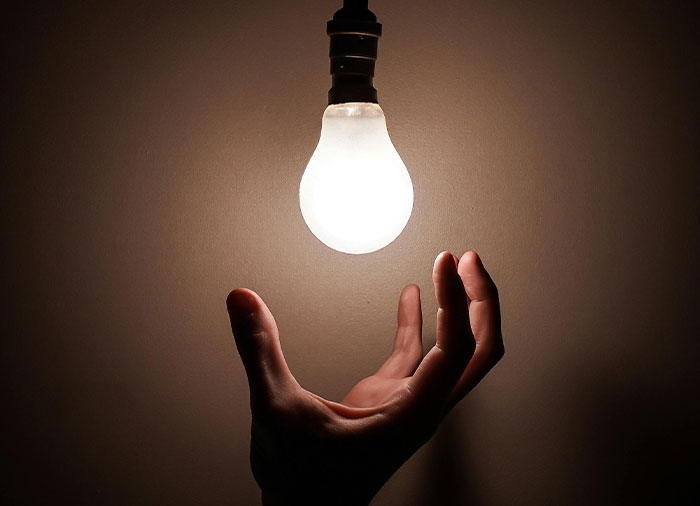
Image credits: indigoworm
#8
I might get some pushback for this, but gender reveal parties are probably not gonna disappear, but they're gonna go back to the low-key innocent things like slicing into a cake to find out if it's pink or blue. Or something else might add to it where after the gender is revealed they could also do a name reveal. Either that or I might be overthinking. Lol.

Image credits: Metroid_cat1995
#9
I feel like the days of private fireworks are wanning. The fire danger, injury, impact to pets, etc. Maybe they'll never go to zero but I think it will be on the margins. There might be an increase of professional shows, with the role of drones increasing.

Image credits: DJSauvage
From a purely economic perspective, traditions are great for business. The more widely celebrated and the more hyped up, the better. It’s no secret that people tend to spend way more money around the holidays, and many companies rely on these consumer habits to make a profit and stay in business.
Investopedia notes that American consumer spending on gifts and other holiday expenses has increased every year since 2009. This trend is expected to continue throughout this year, too. It’s estimated that US consumers will spend between $979.5 billion and $989 billion on holiday-related things in 2024, compared to $955.6 billion back in 2023.
Meanwhile, the author of the interesting online thread, u/Extreme-Routine3822, was kind enough to share a few thoughts of their own.
We were curious to get their insights on which holidays are likely to stand the test of time the best over the next few decades.
"I think something that brings people closer together will last for a long time," they told Bored Panda. In their opinion, it's holidays like Christmas and Thanksgiving that have the best chances of surviving.
#10
Mischief night. The reason why is because we all have phones now so causally vandalizing someone's house with eggs and toilet paper could be filmed and well you know the rest.
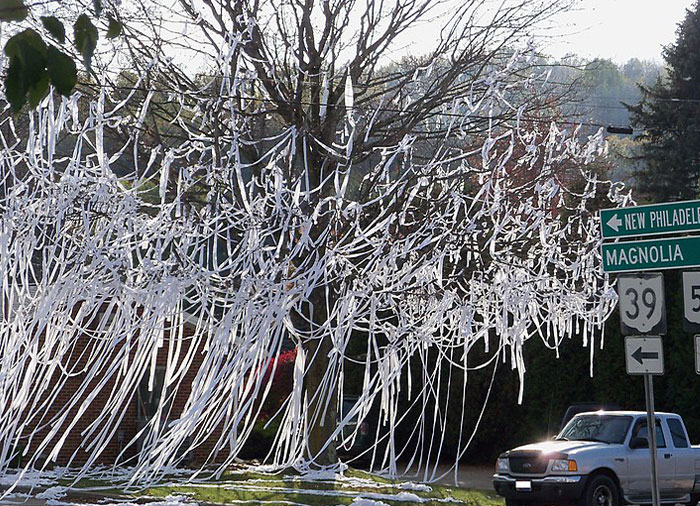
Image credits: eldritch-charms
#11
I'm really afraid it's going to be trick-or-treating in your neighborhood!! Since that trend took off where parents just park their vans at a church or some s**t, I almost never see it. I bought a house in the cutest little neighborhood and was SO excited for the kids to come by last year, and I didn't get a single one! There's a lot of kids in my neighborhood too, I see them all the time. I was so disappointed. I miss small communities.
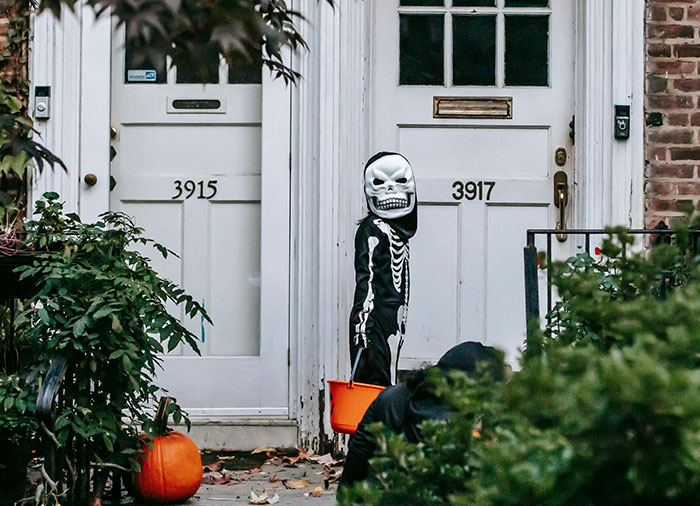
Image credits: december14th2015
#12
Trick or treating is being replaced by “trunk or treat”, which is incredibly lame and makes me sad. Maybe there will be a resurgence but as of now it does appear to be dying.
edit: please stop telling me about your neighborhood where this isn’t the case, the fact that something that used to be ubiquitous is now only happening in like half the country is still a sign of a dying tradition, please stop being pedants.

Image credits: liberletric
We asked the internet user, given how much consumers tend to spend during the holidays, whether it's still possible to enjoy the festivities without splurging too much.
"I think the most important thing about holidays is the inner peace that people get from it," they said.
"So, money is not that important, but as festivals come very rarely, we tend to celebrate it extravagantly."
#13
Black Friday, at least in the traditional sense of being lined up out the store and waiting with a bunch of people for it to open, thanks to it being extended to last all weekend now or even longer and online shopping.

Image credits: Kevin7650
#14
I think it's already started to disappear but sending Christmas cards.

Image credits: BirdieAnderson
#15
I just went to the 50 year reunion of my wife's high school class.
There were maybe 40 people, of whom many, like me, didn't attend.
I think we stayed for under 30 minutes.
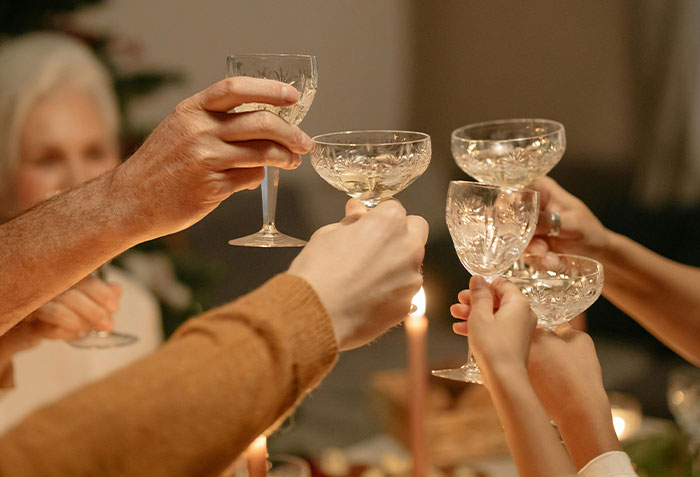
Image credits: cryptoengineer
You’ve probably noticed retailers and businesses offering holiday-themed products earlier and earlier each year. It’s not just your imagination—it’s all very much a real phenomenon. CNN reports that retailers are tricking consumers to spend more by rolling out Halloween earlier. To be fair, many Americans love this earlier marketing, happy to get a head start on their spooky shopping. At least for now. You never know when this strategy might backfire if taken too far.
Meanwhile, Xmas ‘creep’ is very real, too. An analysis conducted by the Guardian shows that there is a “slow and steady takeover of the calendar by Christmas-themed items, songs, and adverts.” At least in the United Kingdom. All those memes about Mariah Carey’s voice being heard all over town earlier and earlier each year are frightfully true.
#16
I used to really enjoy going to polling places on election day and say hello to neighbors who also were there to vote, and the poll workers who were usually the older retirees in the neighborhood. They typically knew everyone by name, and they'd ask about kids, etc.
For the past few elections (especially since Covid) this is no longer the case. I miss it!
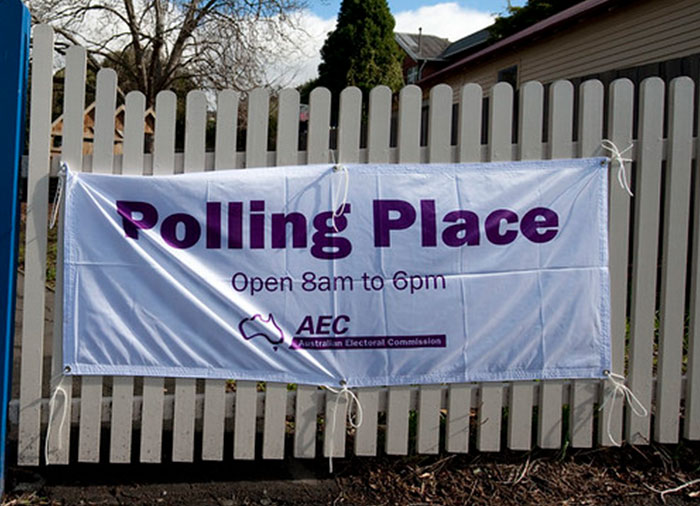
Image credits: NPHighview
#17
Thank you cards. They are a pain in the and can simply be handled with a text or just saying thanks next time you see the person.
I know I never if I dont get one.
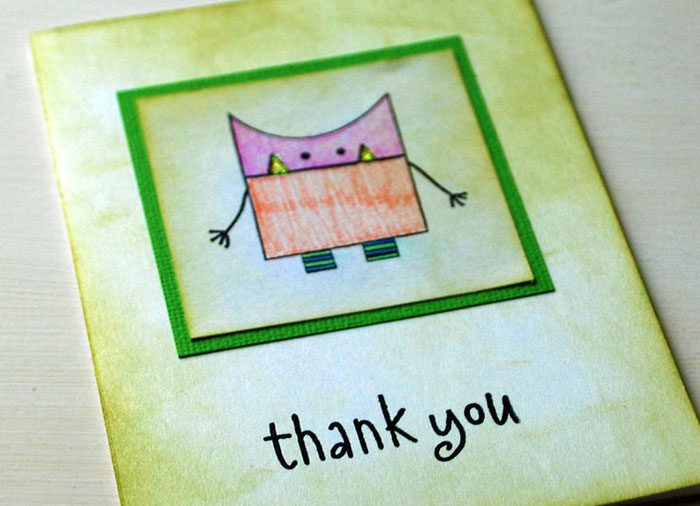
Image credits: gogmosis
#18
Columbus Day is probably on its way out.
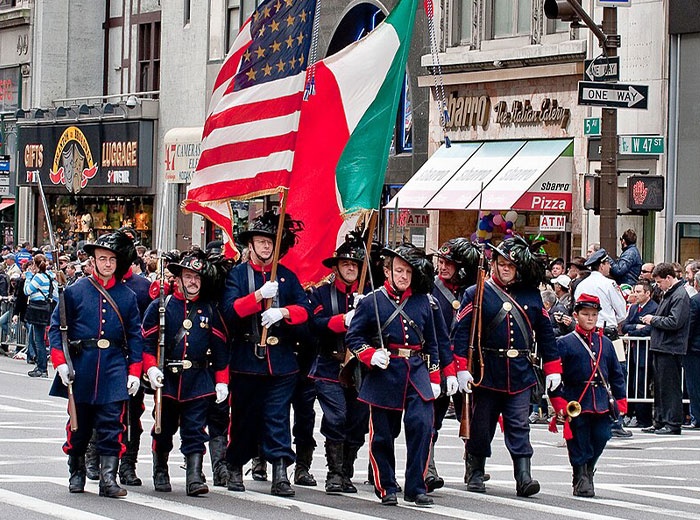
Image credits: zugabdu
Which holidays and traditions are your favorite, dear Pandas? Which ones do you expect not only to survive but also to thrive in the future?
On the flip side, what traditions do you think might be completely forgotten over the next few decades? Do you have any fun family traditions that you’d like to share with everyone else? Feel free to tell us all about it in the comments.
#19
May Day is mostly already dead, but in 25 years forget it. People won't even remember it was a thing.
I am talking about the tradition of making up a small basket of goodies and leaving it on a friend's doorstep, ringing the bell and then hiding. This was a thing still in the 70s/80s when I was growing up, but I don't know any kids anymore that do this.

Image credits: Gertrude_D
#20
Block Parties. i don’t think they even do them anymore.
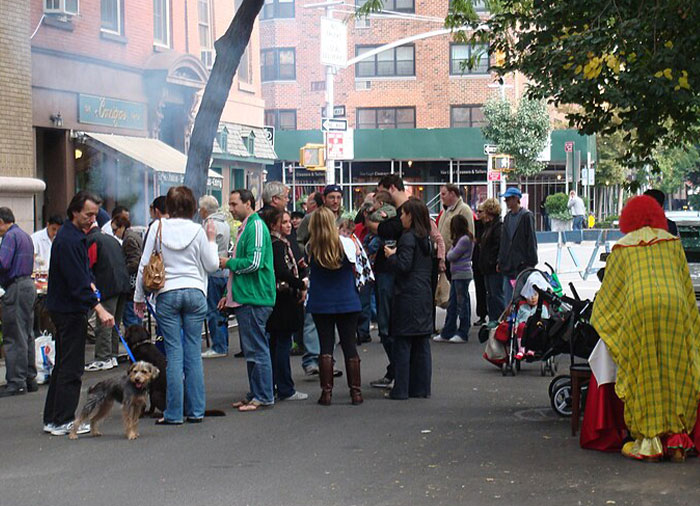
Image credits: Fun-Swimming4133
#21
Are bake sales still a thing? I think those are gonna be goners. People barely have time to cook for themselves and groceries are ridiculously expensive. I personally hear the words "bake sale" and quietly slink away.
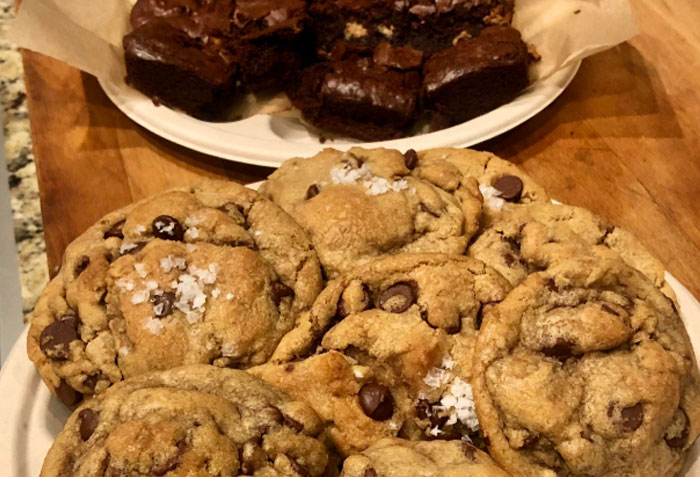
Image credits: ReasonableSal
#22
College homecoming celebrations. When I was a student the homecoming parade was a BIG deal, as were the other events surrounding it. Great time to be in Greek Life!
This past Saturday was our school's homecoming, and there was *nothing*. A group of alumni met at a favorite college bar for a little while, but it was just a group of guys who graduated in the 80's/early 90's. My little bro and I went to the house and ran into 2 actives--most had gone home for the weekend. No parties, just a normal, quiet Saturday afternoon.
The university canceled the floats (and soon after, the entire parade) years ago. COVID killed the rest of the social events surrounding homecoming. It's all very dead, and feels so surreal...
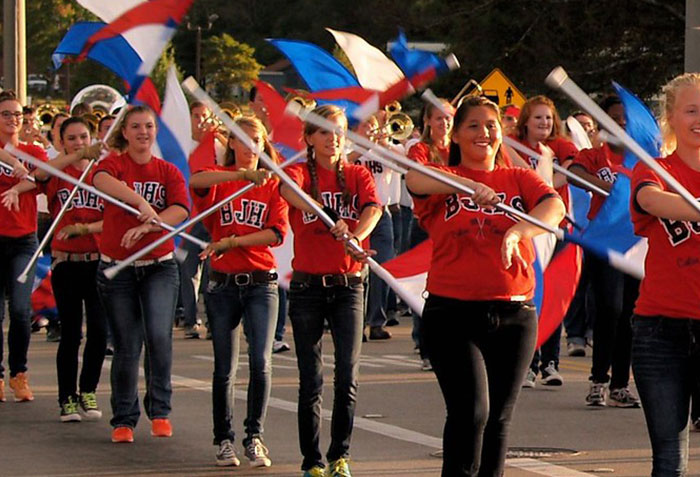
Image credits: Kman5471
#23
Memorial Day, fewer and fewer people are actually going out and decorating graves.
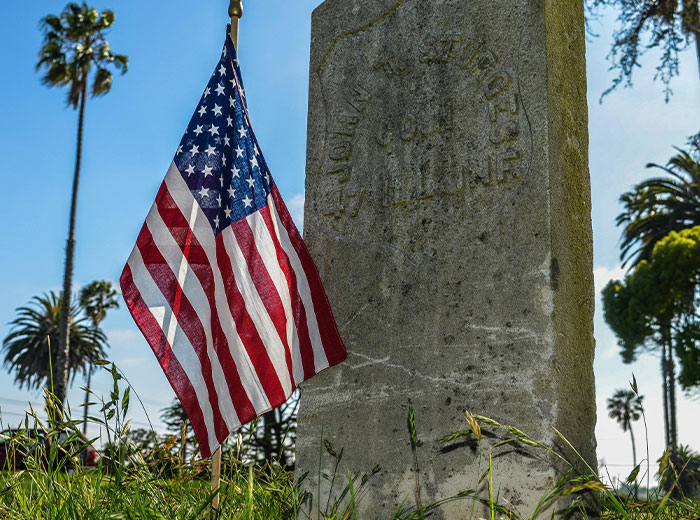
Image credits: Novapunk8675309
#24
Halloween will still be a thing but with Covid and hillocopter parenting, the kids today are probably the last generation to trick or treat.
A coworker of mine just posted in our team chat that in her town, only those who post in advance on Google get their houses listed as trick or treat sites. If they aren't on the map, then people don't come.
Trunk or treats are everywhere here and not just at churches, but secular things too. Our town, the state park, the womens college basketball team, the army Corp of engineers park, etc.
I think in another 20-30 years Thanksgiving and the big Thanksgiving dinner won't be so much of a thing but it's still going strong now. That would make me sad because it's my favorite meal of the year and I love the Harvest season.
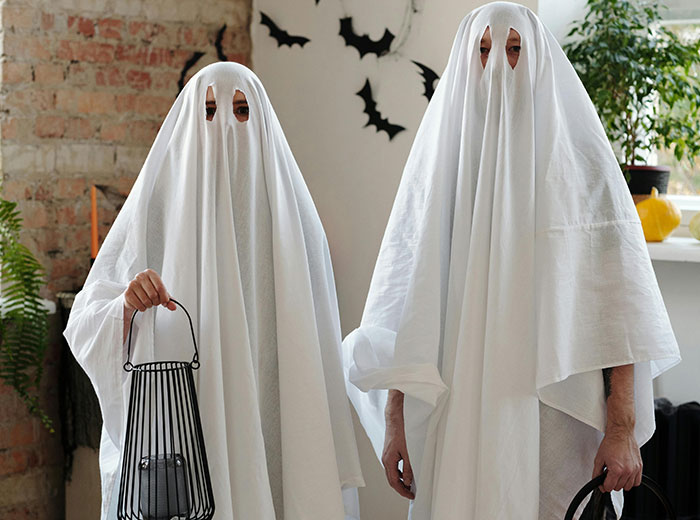
Image credits: OceanPoet87
#25
Two things actually.
1) Weddings ,or atleast large weddings. My older sister got married in a small room in city hall, and my twin sister had a small backyard wedding( though, that one was due to covid). Alot of americans are either too strapped for cash , or are starting to see the wedding itself as less important (and that is IF we get married).
2)Not a holiday, but a tradition. Traveling to family for holidays.When I was younger, on my mother's side, we used to travel to my aunts or uncles houses for thanks giving. Even when we had to drive for 2 days to do it. Once my mom hosted and the family came to celebrated with us. The only reason it wasn't the same with my dad side was because he is from Costa Rica, thanksgiving being an american holiday, him and his family didn't really celebrate often.But the last few thanksgivings ,I didn't really travel. Even after covid,my mom and I just celebrated with a friend of hers, and the friend's husband. Both of wich had adult kids who also didn't come to celebrate with them.Even for Christmas and New Years, I can't remeber the last time i travled to celebrate with family. I think ,again, it has to do with cash. While driving is a common and cheapest way to travel in the US, you still need to save up, especially since people are moving further and further away for work. And unless you have paid time off, only the day of the holiday is given off (if it's a federally recognized holiday. and alot of people can't afford days off without pay.Regardless of the means of travel , you need time to travel.And given how few Americans are haveing kids (most of those who have kids tending to keep it small with 1-3) we may have fewer family to travel to. If we could afford it.

Image credits: GreenDecent3059
#26
Agriculture based school year. In favor of a year round with quarterly breaks. Some parts of the country have already done this. I would expect more to follow. Possibly based on the new typical weather patterns & school setup in the local region.
Maybe some places get a longer break during hurricane season. Others during the Nor Easter season. Others based on the peak heat or main employer in the area.
Of course that assumes we still have a department of education in 25 years. I hope not but I suppose public schools could be a thing of the past altogether depending on how things go next month.
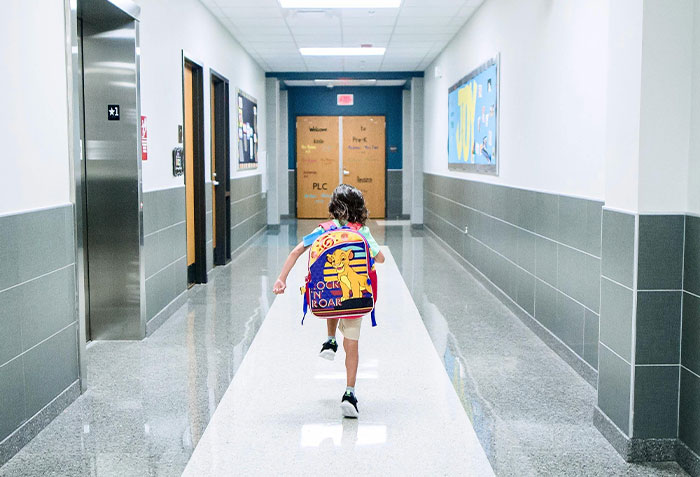
Image credits: Full-Contest-1942
#27
Easter. It seems to be that many nonchristians worldwide do celebrate Christmas, but not Easter. It was once a much bigger holiday in the western nations. Perhaps some kind of spring holiday, generic, will replace it.
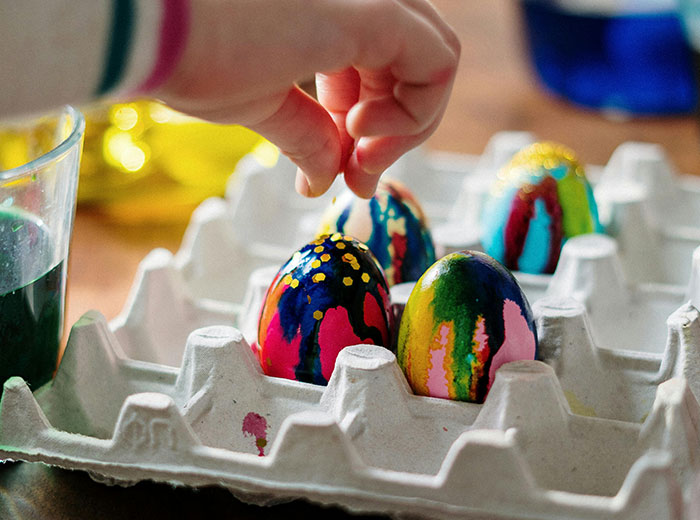
Image credits: Sorrysafaritours
#28
I teach in a predominantly hispanic region of the United States, and my students were baffled that I actually do something for Saint Patrick's Day. They had never even heard of corned beef and cabbage.
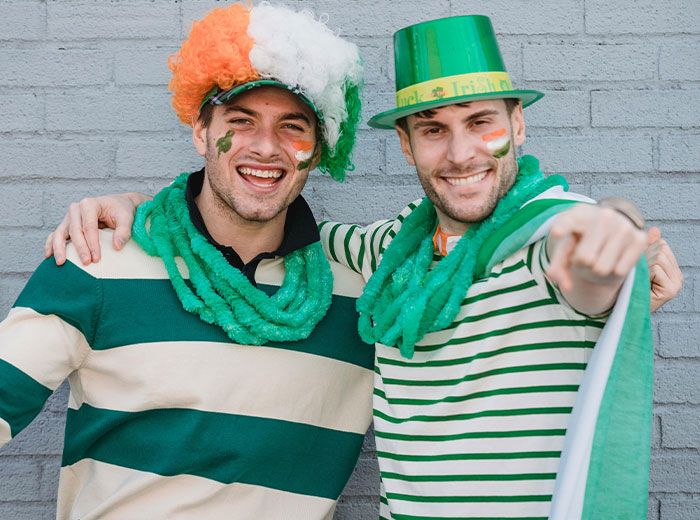
Image credits: tn00bz
#29
As strange as it sounds to some people, I think Easter is one that's going/gone except for religious Christian people. This may also be true in Canada as when I was up there in April for the eclipse, I was asked how I spent 'the long weekend' (they get Good Friday & Easter Monday off) so everyone must just take it to just be a few extra days off from work. In the US we never officially had Easter Monday off so that weekend feels more like any other spring weekend to me.

Image credits: mobileagnes







